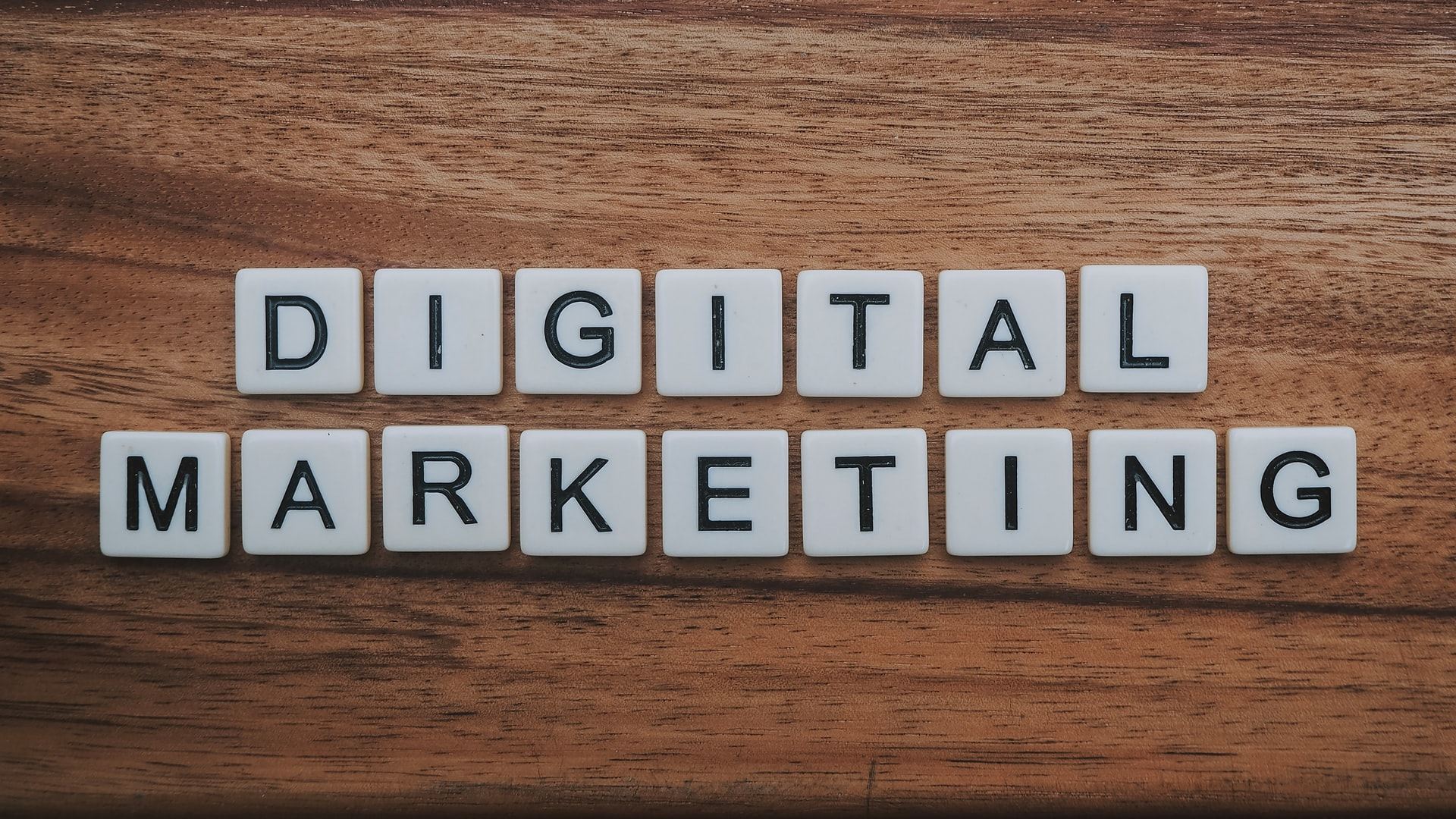Published on behalf of and written by Ryan Taylor
Following digital accessibility best practice improves the user experience for everyone, thereby making digital marketing efforts more effective.
Contents
City’s website and accessibility
The City website and Bayes website are developed and maintained by the Digital Team in Marketing and External Relations (Web Content and Design) and Web Development Team in IT (UX and Development).
Historically the teams have put user experience and accessibility at the forefront of site development. This is in part due to our engagement with the Centre for Human Computer Interaction at City. We are lucky to have the knowledge, skills, and facilities at City.
We aim to provide an experience that is accessible to as many people as possible as well as encourage and train City’s community of CMS (Content Management System) editors to do the same.
Accessibility for marketing and communications
As well as being the right thing to do, from a marketing and communications perspective, it is understood by a growing number of enlightened marketers that accessibility is in the interests of better performing digital marketing. Simply put, a user experience that is accessible provides a better user experience for all.
With one billion people or 15% of the world’s population having a disability, ensuring that digital user experience accommodates everyone’s needs increases the reach of messages and marketing campaigns as well as customer satisfaction levels. An accessible experience inevitably reduces friction within the customer journey and increases the opportunity to convert. As well as improvements in the human experience, by adopting accessibility best practices, digital marketers make it easier for search engine technologies to crawl, index and understand a website, which improves search engine rankings.
Accessibility best practices for digital marketers
There are some simple elements of content design and development that marketers should think about to address the needs of users with visual, hearing, motor and cognitive abilities.
Use correct web content structure
Using headings in content (e.g., H1, H2, H3) allows assistive technology to understand the hierarchy of information on the page and makes the structure and importance of the content easily understood.
Focus on readability
Make your content as easy to understand as possible. The following tips will help:
- Use bulleted lists
- Use summary sections
- Start with the most important information
- Avoid jargon
Use accessible hyperlinks
Hyperlinks join the web together. It is important they work well for all users. Do not use “click here” for hyperlink text. Instead use text that describes the content at the link. It helps screen reader technology and users with visual impairments.
Images
All images should have alternative descriptions, known as alt text. This helps users with visual impairments and assistive technology to understand what the picture represents in the context of the content, even if it is just decorative.
Colour
When using colour, make sure that the contrast is sufficient that users can read text or see colour differences. City’s Digital Designer ensures our website colours maintain the right level of contrast.
Make use of the accessibility tools freely available
Increasingly technology providers are providing marketers with the tools to apply the correct accessibility standards to their digital experiences. City’s web content management system provides an accessibility checker. Even social media platforms now provide easy ways to provide alt text or descriptions for video content. With these enhancements to the digital marketer’s technology toolset, it just needs the forethought to create and publish the content in a way that is accessible.
Making content accessible should in no way be perceived as a burden but an integral part of creating high performance marketing activity.

